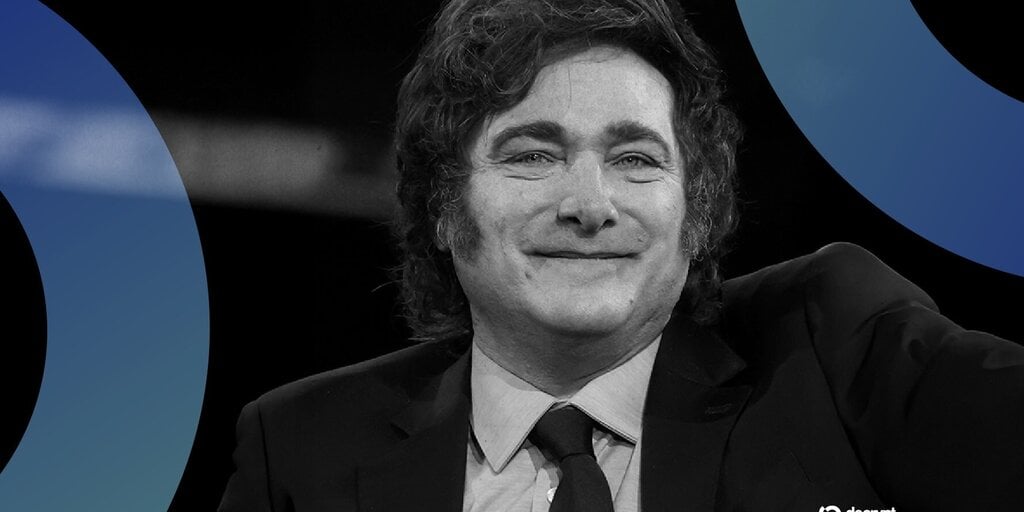
The controversy surrounding Argentina’s Libra meme coin case has escalated with new developments involving frozen assets and allegations of indirect payments to public officials. This case continues to attract global scrutiny as it intertwines cryptocurrency, politics, and financial misconduct.
The Libra Meme Coin Scandal Explained
In a surprising turn of events, an Argentine judge has ordered the freezing of assets connected to Hayden Davis, the CEO of Kelsier Ventures, along with two alleged accomplices. The investigation centers on suspicious transactions related to the launch of the Libra meme coin, a Solana-based cryptocurrency that gained massive attention after being promoted by Argentine President Javier Milei.
According to court documents, Hayden Davis transferred $507,500 to a crypto exchange, Bitget, less than an hour after a widely circulated selfie featuring him and President Milei. While no direct evidence links these funds to the president or his associates, Argentine prosecutors assert that this could indicate potential “indirect payments to public officials.”
Chain of Events
Libra was launched in February as a blockchain initiative aimed at supporting small businesses across Argentina. Despite initial hype, driven in part by President Milei’s promotion on social media, the coin reached a multi-billion dollar valuation before its abrupt collapse just hours later. Milei deleted all his promotional posts following the fallout, raising questions about the legitimacy of the project.
The investigation revealed that associates of Davis might have utilized intermediaries, creating difficult-to-trace “exit ramps” for the funds. These allegations draw parallels to a similar controversy over the launch of Melania Trump’s meme coin earlier in the year. Analytics firm Bubblemaps even linked specific on-chain activities between the two tokens, suggesting deeper systemic issues.
Legal Proceedings and Asset Freezing
In light of the alleged misconduct, the court ordered asset freezes for Davis and intermediaries Favio Camilo Rodríguez Blanco and Orlando Rodolfo Mellino. Blanco and Mellino are accused of facilitating the transfer of funds via unregulated avenues, such as safe deposit boxes, adding another layer of complexity to the case.
The ruling came after a technical report from Argentina’s Secretariat for Financial Investigation and the General Directorate of Asset Recovery. The asset freeze will remain in effect until investigations are complete.
Global Implications
The Argentine case unfolds alongside a parallel legal battle in the United States. While the U.S. investigation focuses on Benjamin Chow, co-founder of the crypto launchpad Meteora, as the alleged mastermind, it downplays Milei’s role. By contrast, the Argentine case highlights President Milei’s potential involvement, as well as the actions of Davis and local lobbyists.
Documents submitted to the Argentine courts also revealed discussions about “monetizing the image of the president” months before the Libra launch, a claim that further implicates top figures in the scandal. In the U.S., class action lawsuits allege that both Javier Milei and Melania Trump were leveraged as “props” to legitimize dubious cryptocurrency ventures.
What’s Next?
As the investigation progresses, the outcome could set significant precedents for regulating political endorsements of cryptocurrency projects. It also emphasizes the need for more transparent and ethical practices in the fast-growing Web3 and blockchain industries.
For individuals looking to explore legitimate blockchain opportunities, it’s important to research projects thoroughly before investing. Tools like Ledger Hardware Wallets ensure secure crypto transactions, providing peace of mind in a fluctuating market.
Stay tuned as we continue to track this high-profile case and its impact on the cryptocurrency landscape.





